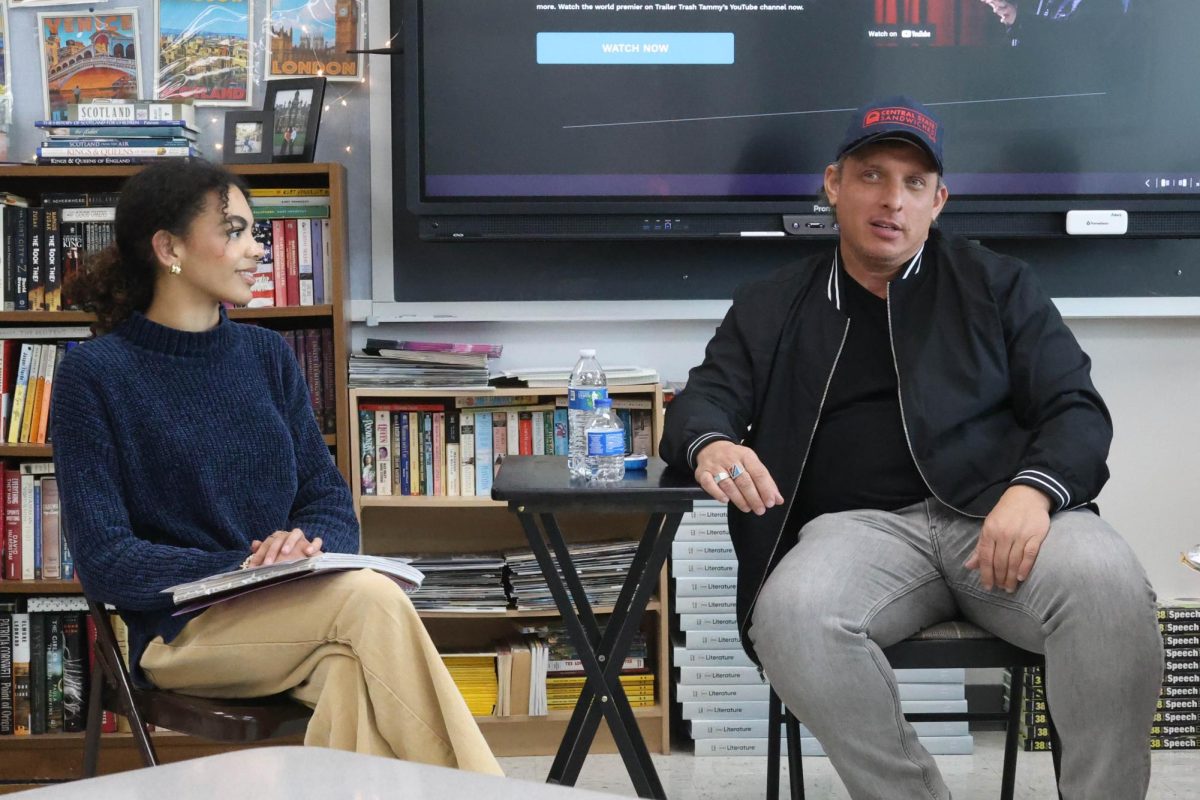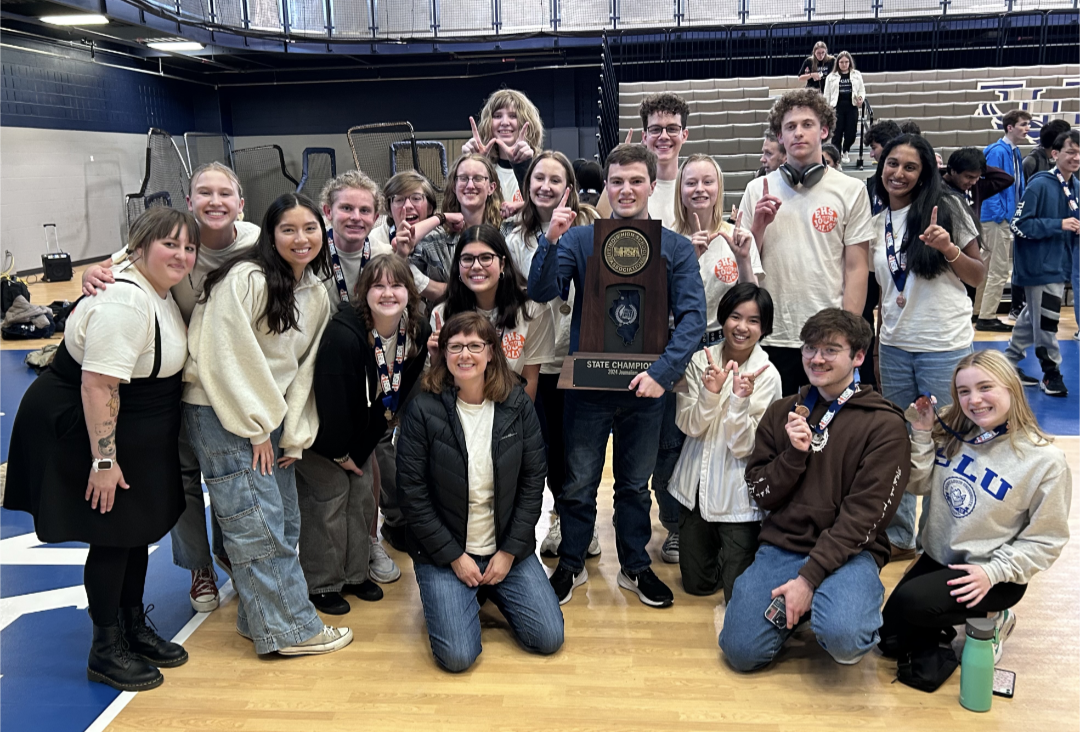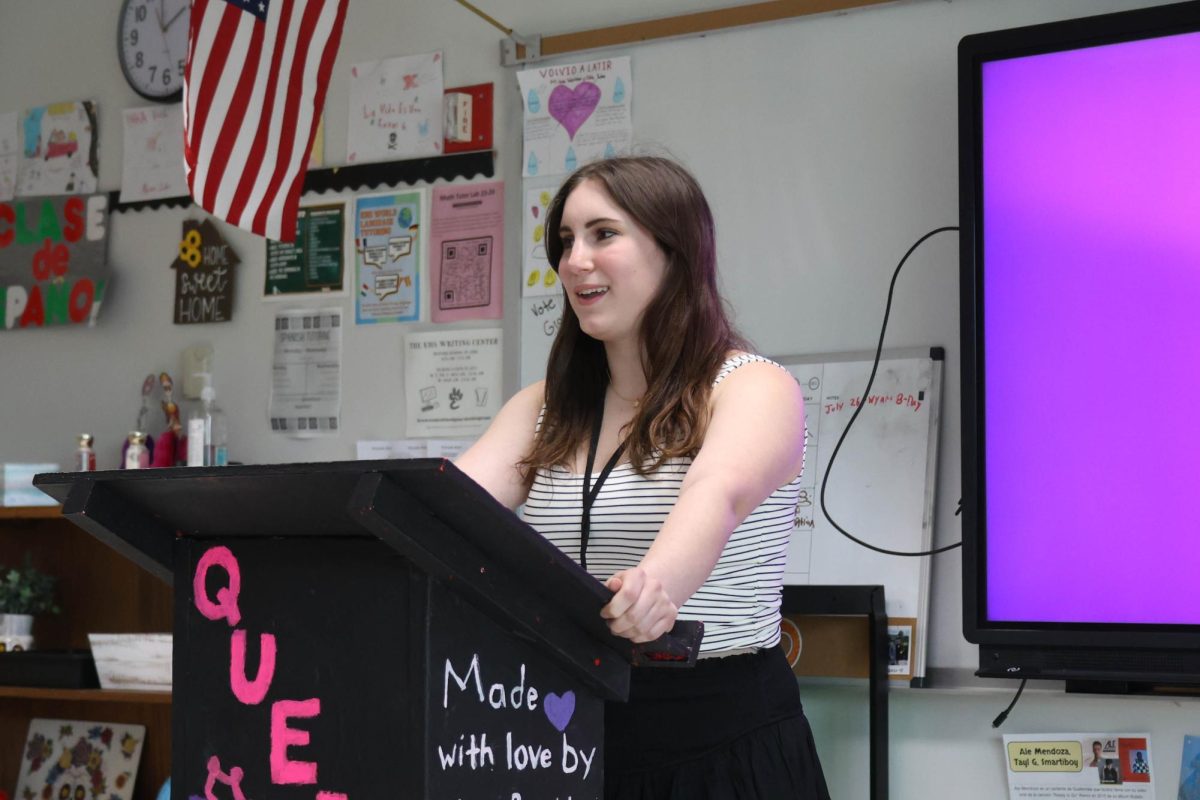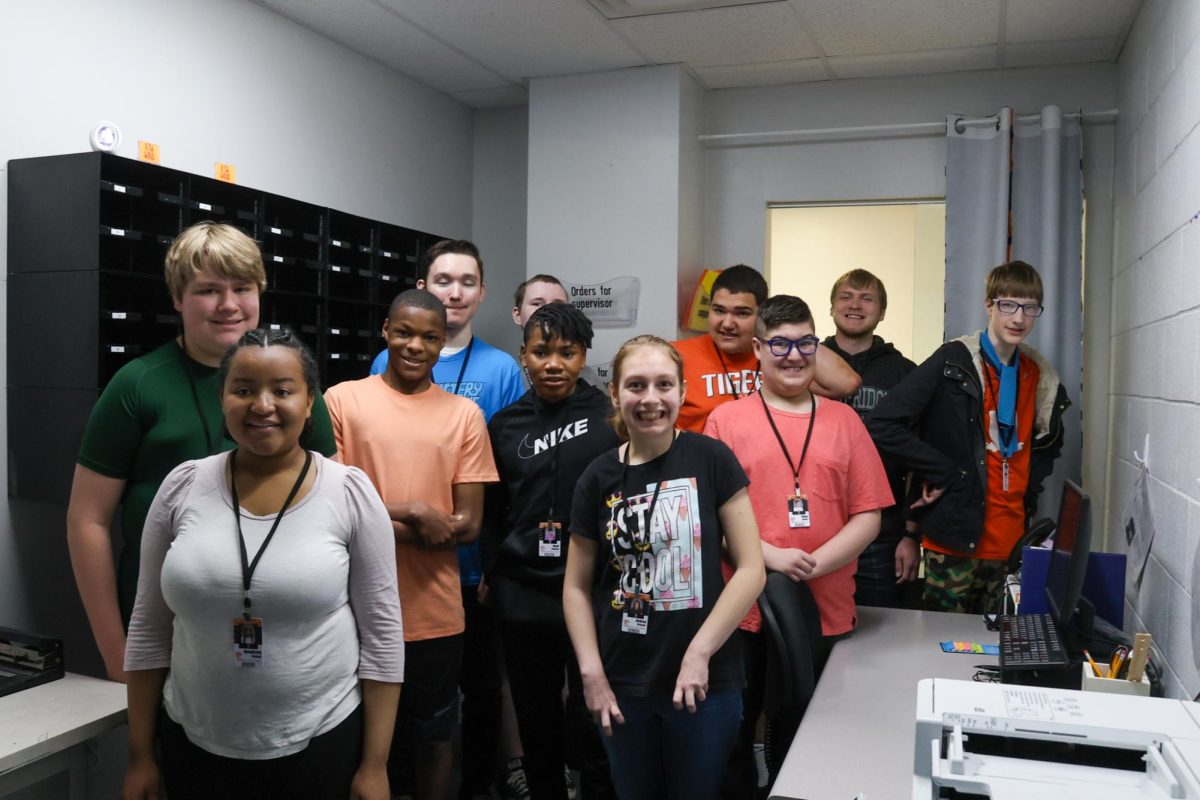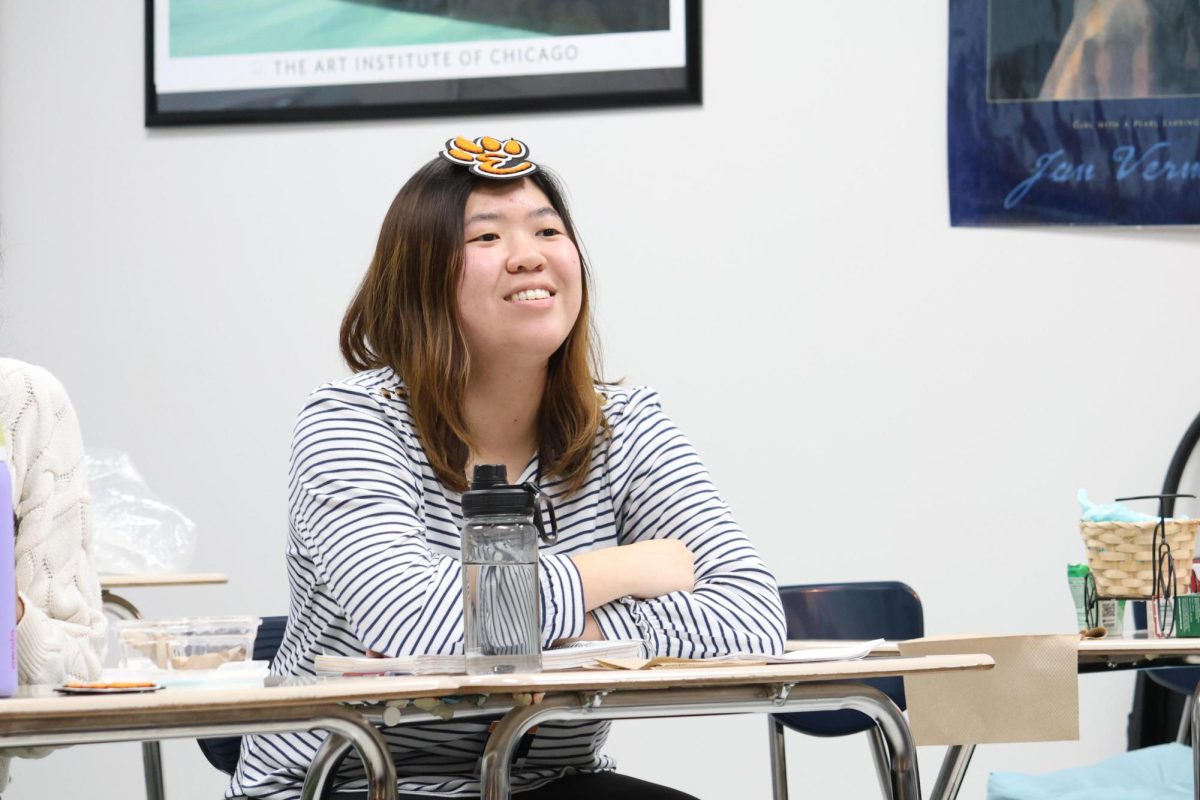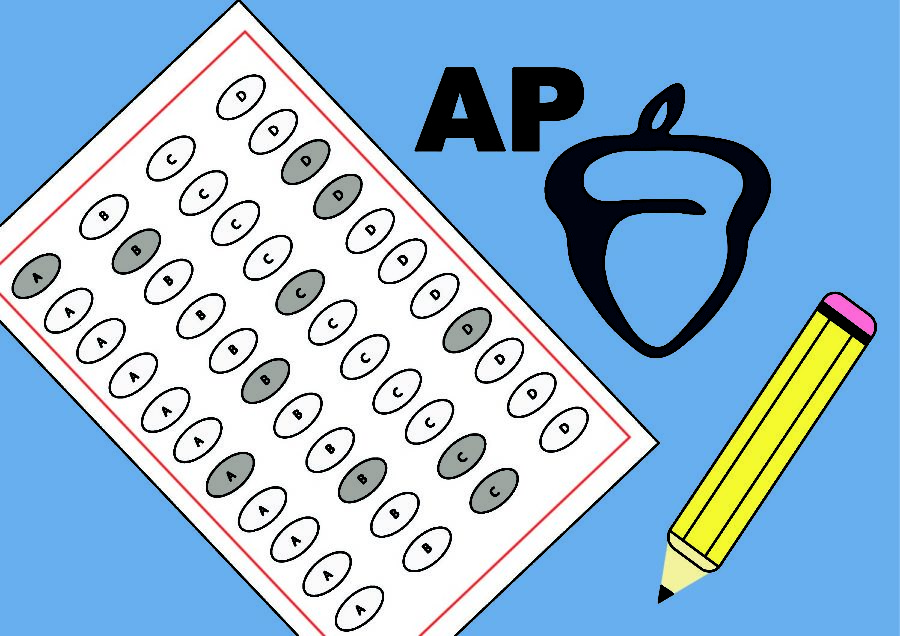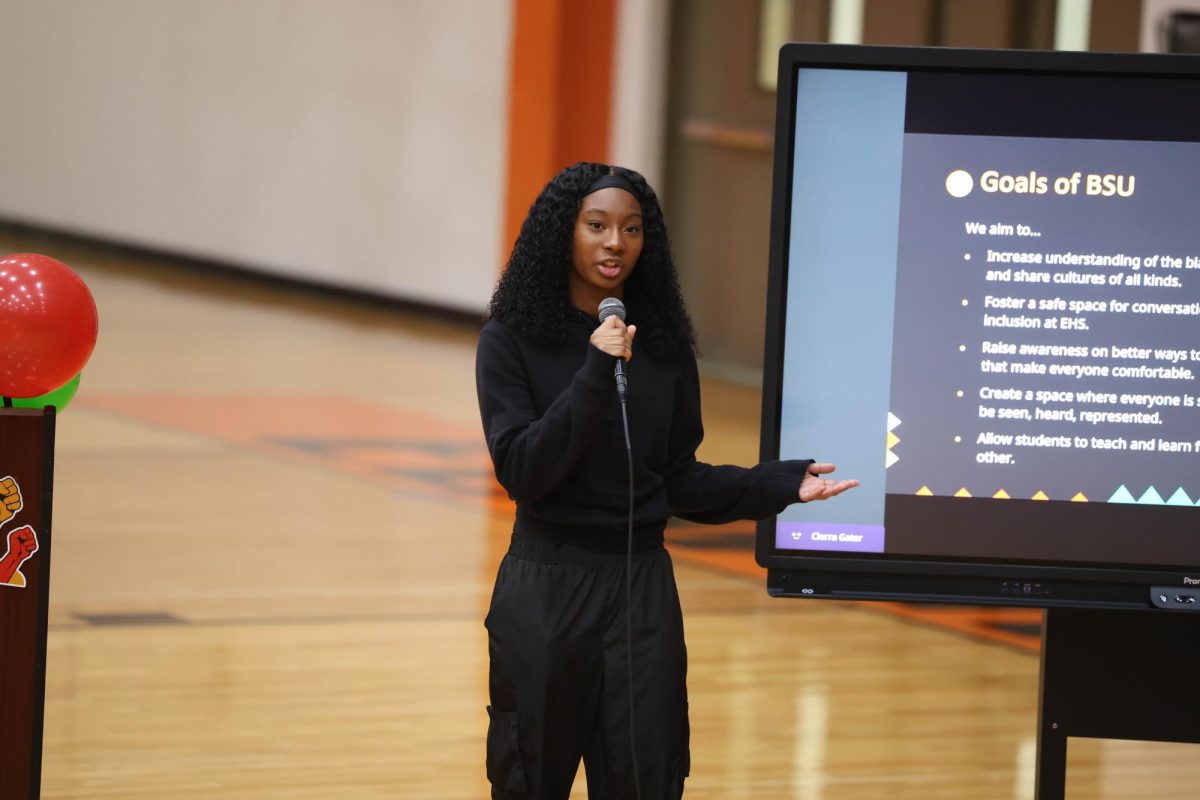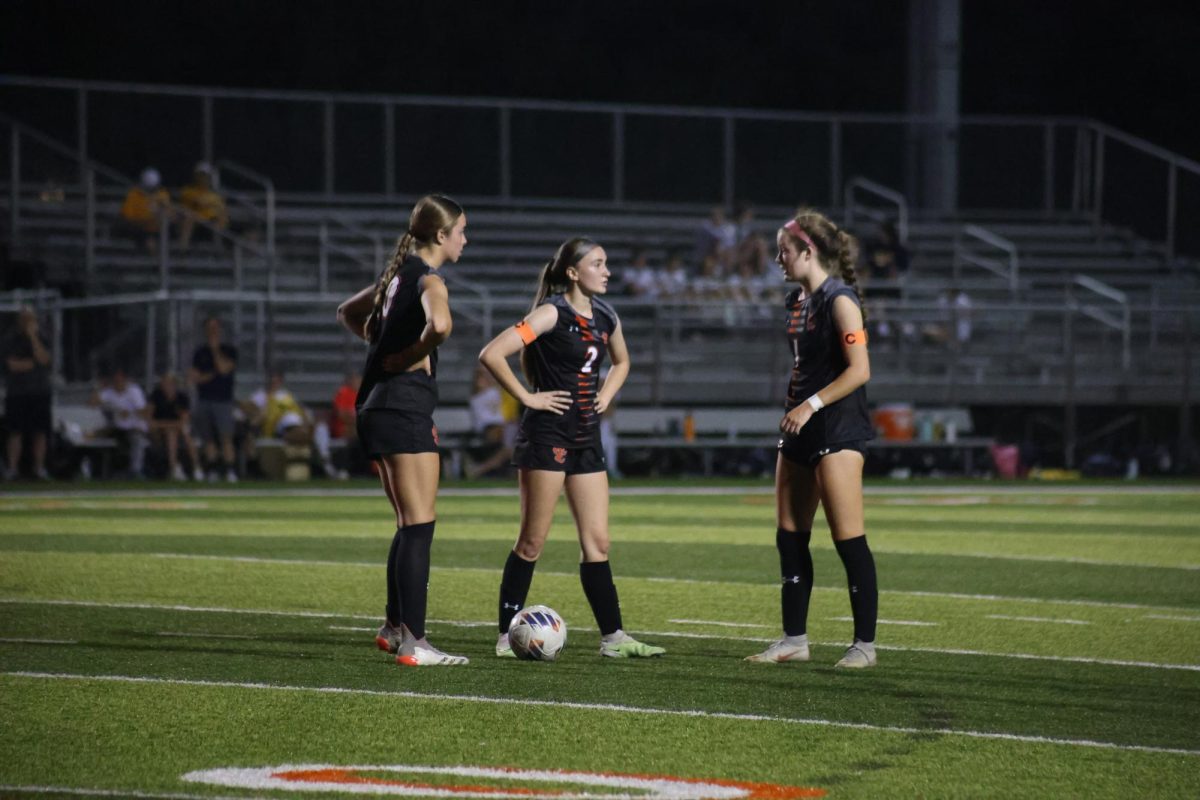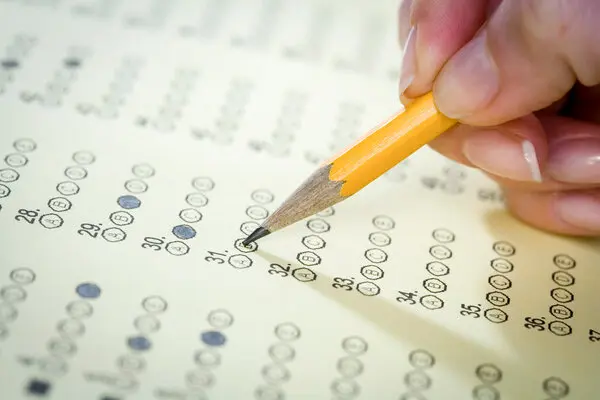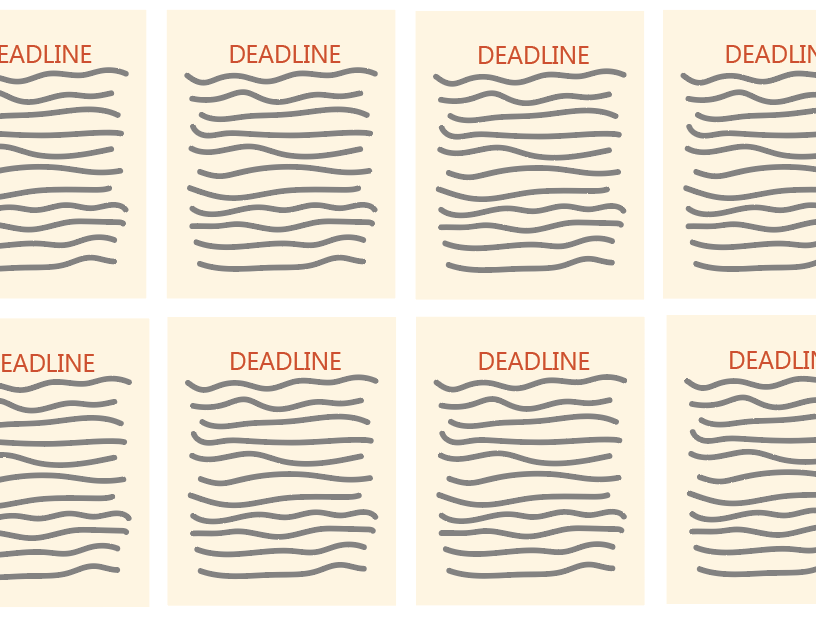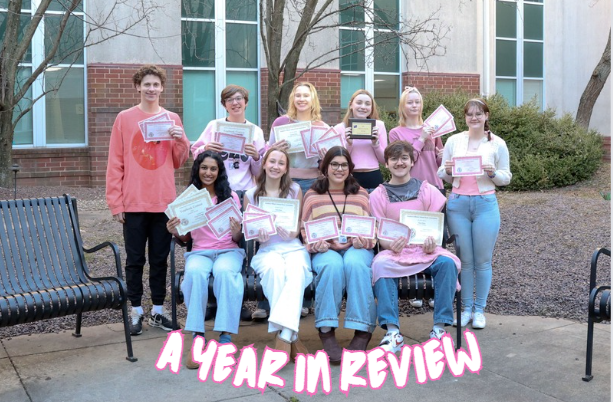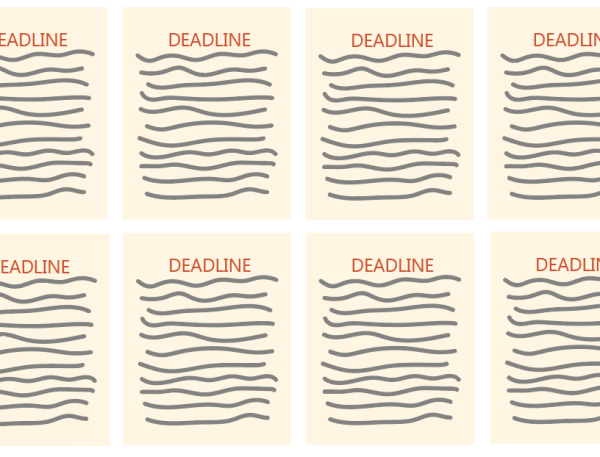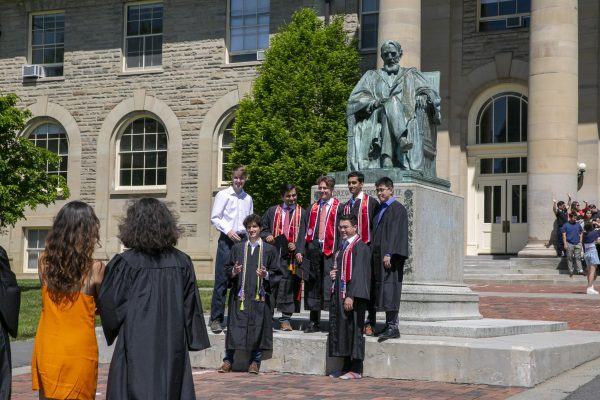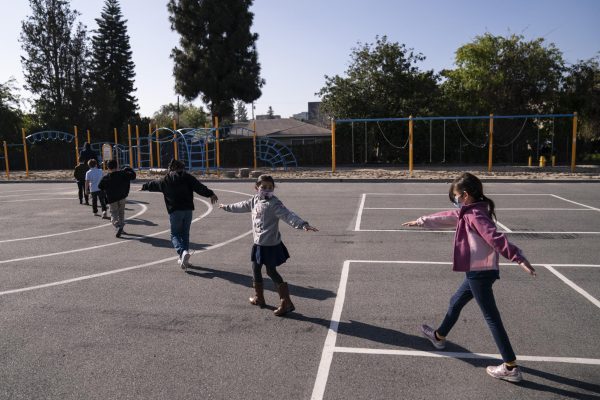AI Has Come a Long Way, Still Displays Weaknesses
February 3, 2023
Artificial intelligence has come a long way in the past couple of years, with Microsoft leading the way. As 2023 begins, a new contender, ChatGPT, has entered the stage.
The parent company, OpenAI, has been seen in the AI space before with DALL-E, which took storm with its AI image generation. Now, OpenAI is going for dialogue instead of images.
ChatGPT works by asking a question, like a chat. Instead of a human on the other side, it is AI responding. It can do all sorts of things, like give information better than Wikipedia, figure out why code does not run and even give some very snarky responses for a computer.
It is responses, however, is the writing level of a sixth grader. It has yet to fully grasp the concept of English and how not to write without using clichés or other basic rules we learn later in our literature and composition classes.
I used ChatGPT to test some of the stories on Tiger Times Online and see if it can understand them. Surprisingly, it gave an entire analysis of the story and can even rearrange parts of the story to make it logical.
Where the AI falls short, however, is writing the stories. I tasked ChatGPT with writing a news story about COVID-19. It was able to do so, but the grammar was all screwed up – run-on sentences, fragments and now following basic style rules. If you even ask it about AP style rules, it crashes.
If you ask the AI questions about events after 2021, it will not know. It does not know emotions or most pop culture references either. There is still a lot it does not know.
What it does know, is scary to see. Not in this century, but eventually a lot of jobs will be eventually taken by AI. If ChatGPT had an AP Stylebook or grammar rules, it could very easily replace journalists or copy editors.
The writing capabilities of ChatGPT has caused a stir among educators. AI can be used to write papers on topics and do assignments, and schools have quickly caught on. For instance, OpenAI’s website is blocked on EHS laptops and cannot be accessed.
To help crack down on people using AI for assignments, OpenAI has also made a tool that uses AI to determine if something written has been created by AI. The tool is accurate and available to anyone. The tool itself is weird to think about, that the AI can determine what is its own and not.
The AI also has the potential to replace programmers as well. I asked it to create a program for my AP Computer Science class, and it did with minimal errors. At some point, the AI could eventually program itself – which is wild to think about.
There are still jobs that need to be done by humans, as the AI is not great enough yet. People would still need to be able to maintenance the computers and people still need to program and train the AI as well.
AI has a strong standing right now, but still has a long way to go. So far, it only knows events up to 2021. AI needs to catch up with history and pop culture before it can be used. Once it can catch up, AI is a scary tool that is getting more powerful by the minute.


